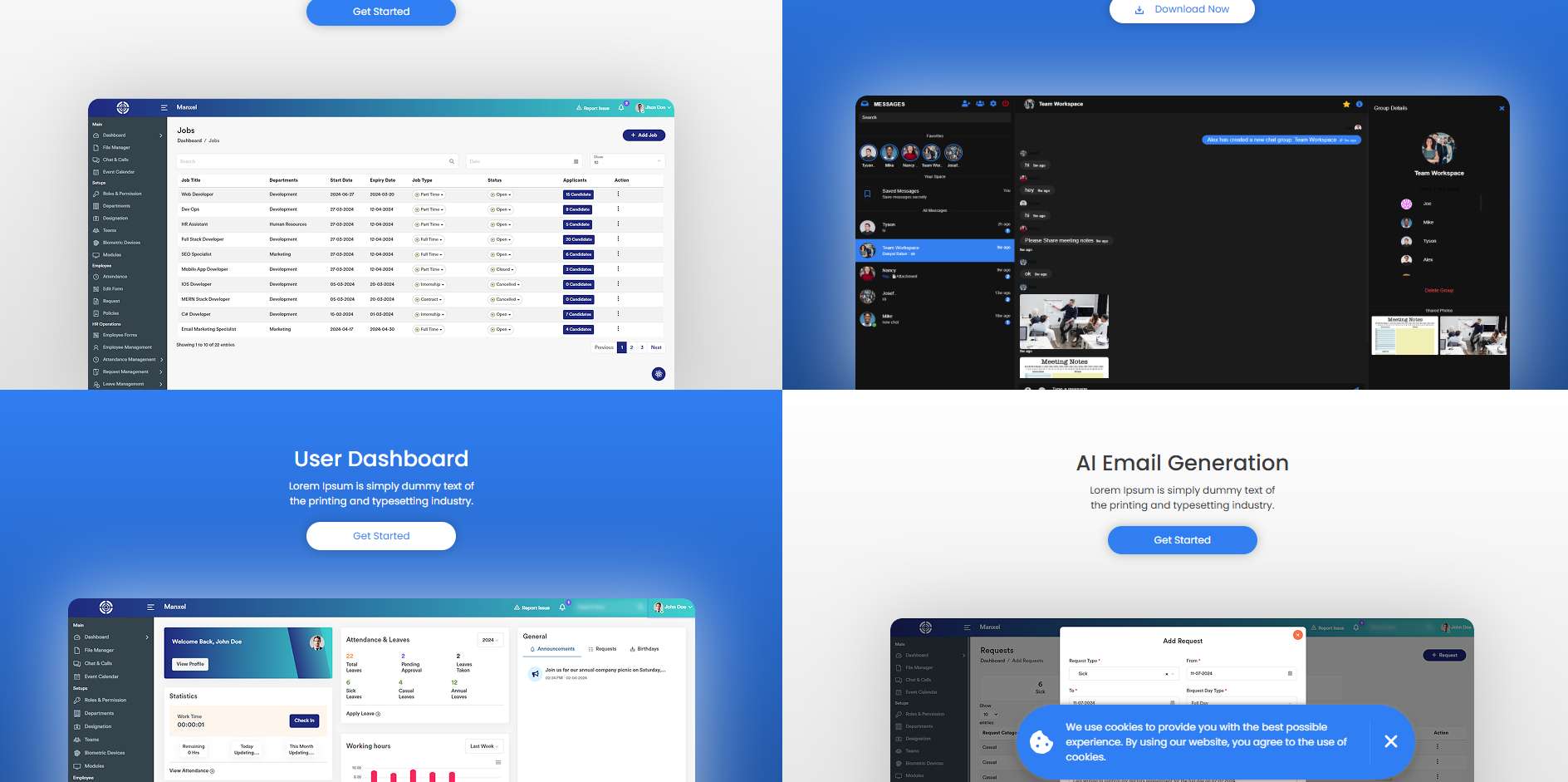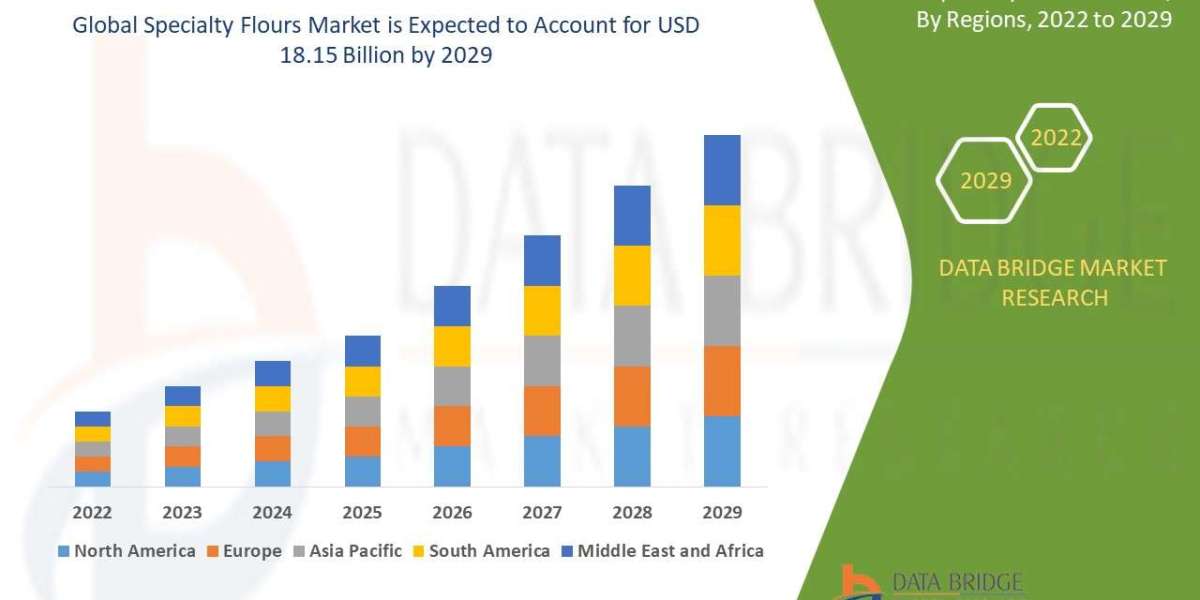 Introduction: A New Era for HR Begins
Introduction: A New Era for HR Begins
For decades, HR was considered a support function — focused on paperwork, payroll, and compliance. But today, it’s evolving into a strategic powerhouse. Thanks to Artificial Intelligence (AI), Human Resource Management Systems (HRMS) are becoming more intelligent, proactive, and people-centric.
From automating manual tasks to predicting employee behavior, AI in Human Resource Management Systems is driving unmatched efficiency and agility in the workplace.
In this article, we’ll break down how AI is revolutionizing HRMS, what benefits it brings, and how businesses can stay ahead of the curve by adopting this technology.
What Is an AI-Driven HRMS?
An AI-driven HRMS is a digital platform that uses artificial intelligence technologies — like machine learning, predictive analytics, and natural language processing — to automate and optimize HR tasks.
For example, Manxel HRMS is a smart, cloud-based system that allows HR departments to handle payroll, attendance, performance, and recruitment — all with the help of AI automation and analytics.
The Core Benefits of AI in HRMS
Let’s start by understanding why companies are making the shift:
- Time-saving automation
- Better hiring decisions
- Reduced manual errors
- Higher employee satisfaction
- Data-backed strategic planning
Below, we dive into the most transformative areas where AI is making a difference.
1. Smart Recruitment and Talent Acquisition
Recruiting manually is inefficient and error-prone. AI changes the game.
Resume Screening
AI algorithms can screen thousands of resumes instantly. It evaluates keywords, experience, and job relevance to filter top candidates.
Candidate Assessment
AI tools assess applicants’ behavioral patterns and responses during video interviews — helping shortlist those who best match the role.
Chatbot Integration
AI chatbots answer FAQs, schedule interviews, and conduct preliminary screening, ensuring faster response times for candidates.
Companies using AI in recruitment report a 35–50% reduction in time-to-hire.
2. Performance Management and Appraisal
Performance reviews often lack data and structure. AI offers a more analytical, fair, and transparent way to evaluate employees.
Continuous Feedback
AI tracks performance metrics over time rather than relying on annual appraisals.
Real-Time Insights
Dashboards present performance data across KPIs, giving managers a clear, unbiased picture.
Objective Evaluation
AI eliminates favoritism and bias by analyzing results based on real data, not perception.
3. Learning and Development (L&D)
AI can personalize learning experiences to suit individual growth paths.
Skill Gap Analysis
AI reviews employee performance and role requirements to identify knowledge gaps.
Custom Training Paths
It recommends training modules aligned with career goals and job expectations.
Progress Monitoring
AI tracks course completion, quiz scores, and skill development to evaluate training success.
This ensures that L&D is tailored, effective, and measurable.
4. AI for Employee Engagement
High engagement drives productivity and retention. AI enables HR to keep a pulse on employee satisfaction.
Sentiment Analysis
By scanning emails, feedback forms, and chat messages, AI gauges the emotional tone of employees.
Virtual Assistants
AI-powered HR bots assist employees with tasks like leave requests, payroll queries, and benefits explanations — available 24/7.
Engagement Reports
HR gets real-time insights on morale trends, enabling proactive intervention.
5. Predictive HR Analytics
Perhaps the most exciting area is predictive analytics. AI can forecast behavior and trends.
Turnover Prediction
AI can flag employees likely to resign based on attendance, workload, and recent feedback.
Workforce Planning
Need 5 developers in 3 months? AI analyzes business growth, current staff capacity, and project load to predict demand.
Succession Planning
AI identifies high-potential employees and suggests leadership development tracks.
This level of foresight helps businesses plan with confidence.
6. Automating Administrative Tasks
Let’s be honest — nobody likes manual HR paperwork. AI automates the boring stuff:
- Payroll processing
- Attendance tracking
- Leave approvals
- Compliance checks
AI also ensures compliance by updating systems based on changes in labor laws.
With automation in place, HR teams can focus on strategic growth — not data entry.
7. Fairness, Transparency, and Bias Reduction
Traditional HR practices sometimes suffer from unconscious bias. AI helps HR departments become more inclusive and transparent.
- Screens candidates without personal identifiers
- Scores performance using objective KPIs
- Ensures equal training and promotion opportunities
Still, it’s essential to use well-trained AI models to avoid perpetuating existing biases.
Real-Life Examples of AI in HRMS
Here are a few companies leveraging AI effectively:
- Manxel HRMS: Offers intelligent modules for recruitment, payroll, and performance with built-in AI capabilities.
- Google: Uses AI to assign projects and career opportunities based on skills and goals.
- Accenture: Employs AI for internal mobility and matching employees with training programs.
These real-world applications show just how broad AI’s role in HR has become.
Challenges to Watch Out For
Every new technology comes with its own set of risks:
Data Privacy
HR data is sensitive. AI platforms must ensure end-to-end encryption and follow regulations like GDPR.
Change Management
Not all HR professionals are tech-savvy. Training and adaptation take time and planning.
Dependence on Data
Poor or incomplete data leads to weak AI outputs. Regular audits and clean data practices are crucial.
The Future of AI in Human Resource Management
Over the next few years, we’ll see even smarter AI tools in HRMS platforms:
- AI for Diversity & Inclusion: Tools to measure and improve workplace diversity.
- Voice-activated HR bots: Employees can speak commands and get real-time answers.
- AI + Blockchain: Secure background checks, contract signing, and data protection.
HR will become more predictive, strategic, and people-focused than ever before.
Why Choose Manxel HRMS for AI-Powered HR?
Manxel HRMS is built to simplify and modernize every aspect of HR.
✅ AI-based recruitment automation
✅ Smart attendance & leave tracking
✅ Real-time performance analytics
✅ Personalized training recommendations
✅ Seamless payroll integration
Whether you’re an SME or enterprise, Manxel HRMS grows with your business.
Conclusion: Make AI Your HR Superpower
AI is transforming Human Resource Management Systems in ways we couldn’t imagine a few years ago. What used to be manual, biased, and inefficient is now becoming smart, fair, and proactive.
By integrating AI in Human Resource Management Systems, businesses are not only optimizing operations but also creating a better work environment.
Ready to transform your HR with AI?
? Explore Manxel HRMS and take the first step toward a smarter, more agile HR future.



